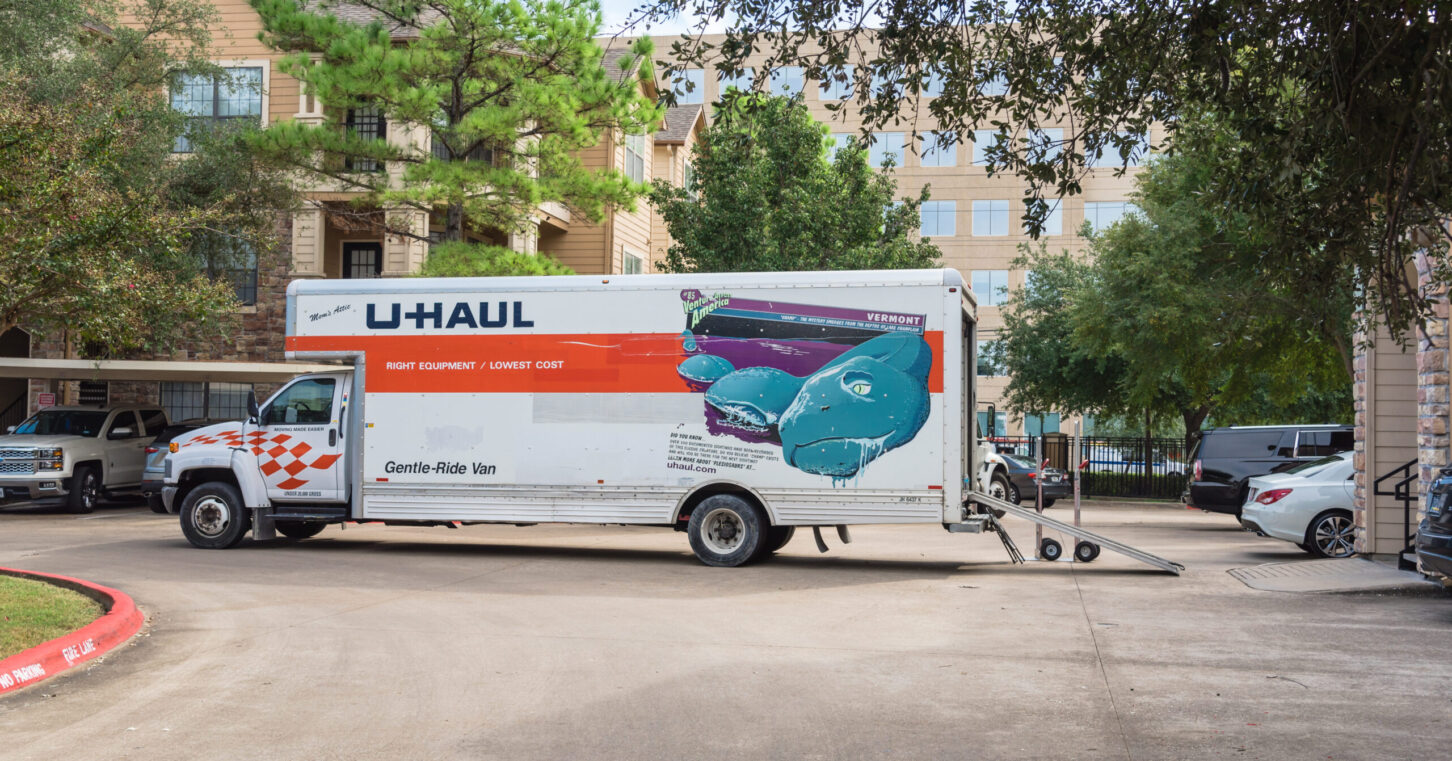
Earlier this month, the Georgia Public Policy foundation highlighted opportunities for Georgia lawmakers to remove barriers to work. One legislative effort passed both chambers of the General Assembly without opposition.
House Bill 155, sponsored by Rep. Chuck Martin, R-Alpharetta, requires state professional licensing boards to issue licenses to most residents who move to Georgia from other states where they were previously licensed.
This bill requires “licensing by endorsement” to individuals whose qualifications are “suitably similar” to those required in Georgia. That is to say, if a newcomer to Georgia has already met similar requirements in another state, those requirements will be waived by a licensing board.
Although the language differs from state to state, the effort to recognize out of state licenses has gained some momentum over the past few years. Since 2016, 20 states have adopted occupational protections for incoming workers. Although this kind of legislation does not eliminate licensing requirements, it is helpful in that it only makes people go through relevant processes once. The time, money and effort spent obtaining an occupational license is often unnecessary and overly-burdensome. Those burdens are compounded with all the difficulty that goes into living and working in a new state. Although licensing by endorsement eliminates some educational and training requirements, it may still take time for a newcomer to be issued a license.
The movement to reduce occupational licensing requirements operates on the intuitive assumption that a worker will not forget training, lose skills or become otherwise unqualified when moving from one state to another. It is also part of a larger effort to remove barriers to work from those willing to work. Occupational licensing, while typically done in the interest of safety, too frequently only protects the incumbents in that field and creates unnecessary obstacles to work.
As the Foundation has noted, there is little evidence that licensing practices protect public health or improve the quality of services. There is also little consistency across professions when it comes to the rigor of requirements. There is, however, evidence that licensing does harm, especially to low-income Americans and immigrants.
Georgia’s legislature showed unanimous support for eliminating barriers to work, but there is still more that could be done on that front. For example, Senate Bill 157, sponsored by Sen. Brian Strickland, R-McDonough, would have removed the vague “moral turpitude” licensing criteria that can make it difficult for Georgians with criminal records to obtain an occupational license. It also would have let potential applicants know ahead of time whether their criminal records were disqualifying, rather than pursuing a license through a costly and time consuming process only to find out they are ineligible. Despite passing the Senate, that bill did not pass the House.
That said, there appears to be plenty of interest in the General Assembly considering the passage of HB 155 as well as the creation of a Senate Occupational Licensing Study Committee in this session.
This is no doubt warranted. Despite the constant touting of Georgia as “the best state for business,” licensing burdens are not a point of strength for the Peach State. There is work to be done to ensure a freer and more accessible labor market.
